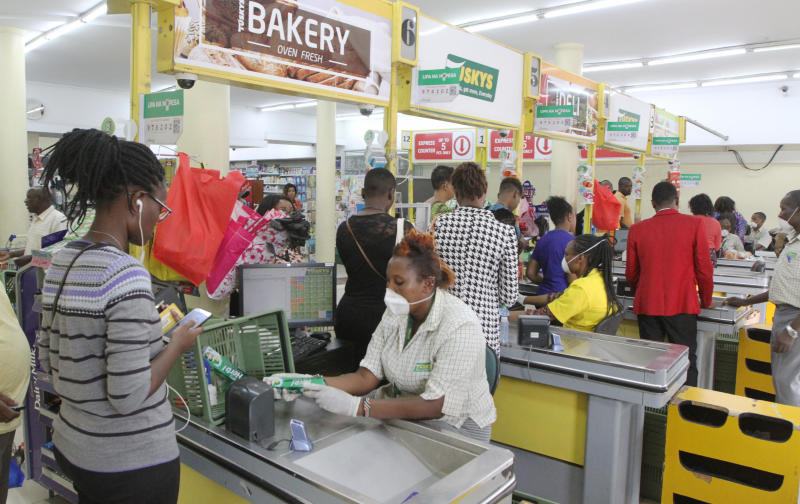×
The Standard e-Paper
Fearless, Trusted News

The incomes of eight in 10 Kenyan households have shrunk owing to the coronavirus pandemic.
A new survey has for the first time quantified the impact of the global pandemic on local families.